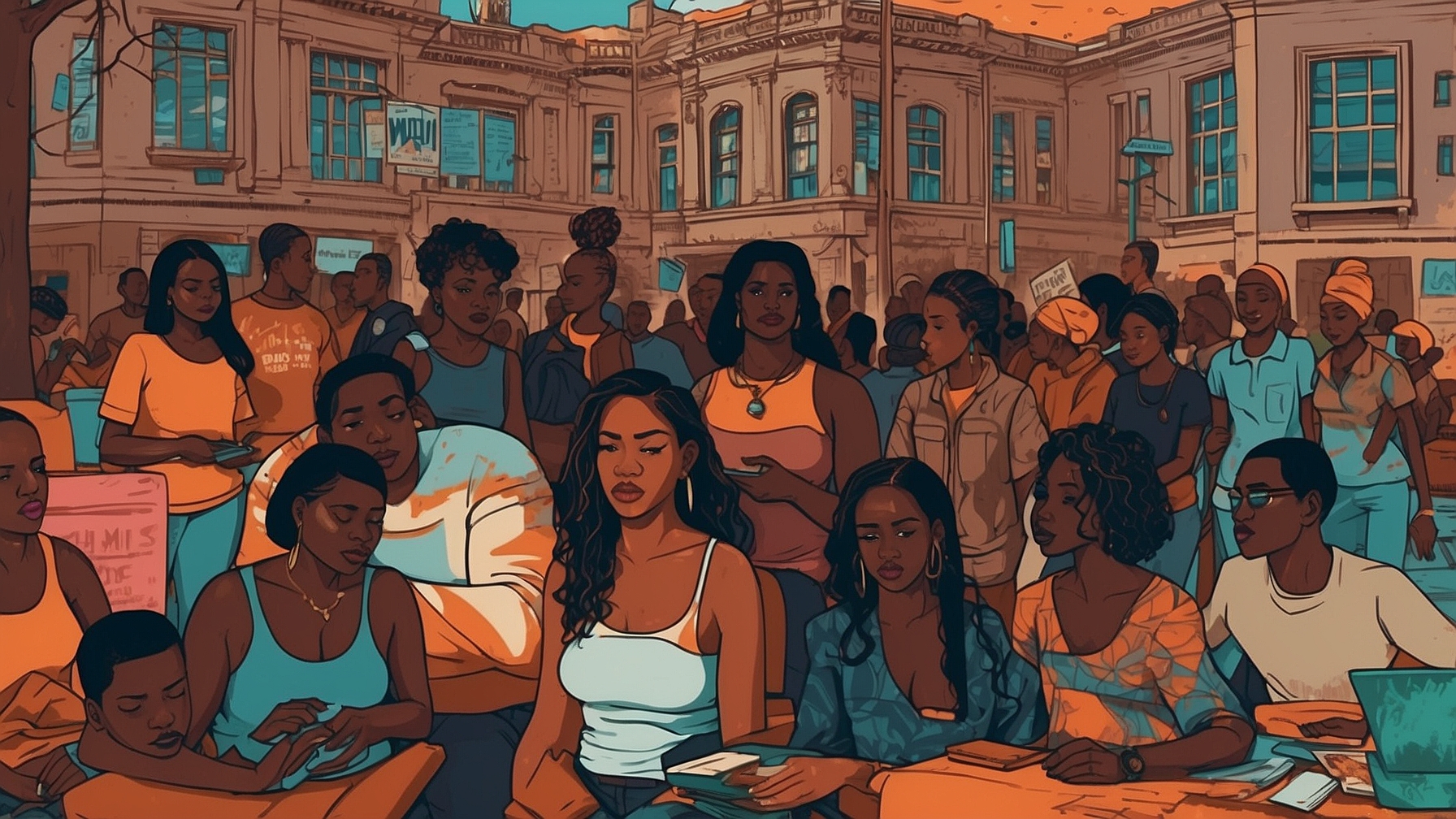MIT Researchers Create Magical Data Hub to Prove Systemic Racism Exists, Astound Skeptics Everywhere
In an ambitious bid to stun humanity into acknowledging the blindingly obvious, high-brow researchers at MIT have unveiled a magical database that audaciously attempts to prove that systemic racism is, in fact, a thing. Dubbed the ICSR Data Hub, this soon-to-get-lost-in-the-clouds repository is geared up to spoon-feed the fantastical notion that racial inequity is deeply woven into the fabric of America’s policing, housing, and healthcare systems.
“This is groundbreaking!” declared Professor Fotini Christia, with a straight face, as if systemic racism wasn’t already sauteed in centuries of history. “We’ve collected mountains of data to show that racism doesn’t just pop up like daisies, but blooms thanks to institutional fertilizers.”
Ben Lewis SM ’24, who apparently isn’t satisfied with leaving that can of worms unopened, has contributed to a cornucopia of datasets documenting PECULIAR tendencies like racial disparities in police stops. “We want anyone capable of handling a mouse and keyboard to have easy access to this data, because clearly, what we’ve needed all along to fix systemic racism is a Python interface,” he stated, without blinking.
Meanwhile, Devavrat Shah, who leads the dream team of otherwise perfectly sane researchers, posed a cheeky question: “Can we use data to understand why Lady Justice isn’t quite blind?” Spoiler alert: the answer involves centuries of entrenched bias, but hey, data for the skeptical is what keeps these nerds up at night.
The Data Hub, akin to a digital Hogwarts for wannabe social reformers, will eventually expand its hallowed shelves with information that goes beyond arrest records — think juicy sentencing data served with a side of socio-political critique. “It’s like stitching a quilt made of societal woes,” explains Jessy Xinyi Han, with the enthusiasm of someone who clearly missed the memo on how many people already get the baseline joke.
Naturally, the data spree doubles as a lesson plan for budding technocrats and policy gurus. “We aim to sprinkle data skills like fairy dust on everyone willing to listen, to answer age-old questions,” says Munther Dahleh, the Yoda of data nerds. Apparently, unfathomable amounts of data will magically enlighten us more than good old-fashioned humanity ever could.
As they paddle upstream against the river of denial, the MIT team remains adamant that this endeavor isn’t about reinventing the wheel but outfitting it with data-driven GPS to steer society in a less dystopian direction. “‘Let’s make racism uncool!’ isn’t just a slogan — it’s our mission,” concludes Christia, earning this effort a well-deserved standing ovation from those willing to acknowledge a truth older than MIT itself.
Will the meticulously gathered treasure trove transform the hearts of many, or simply enhance researchers’ coffee addictions? Only time, and an infinite number of spreadsheets, will tell.





